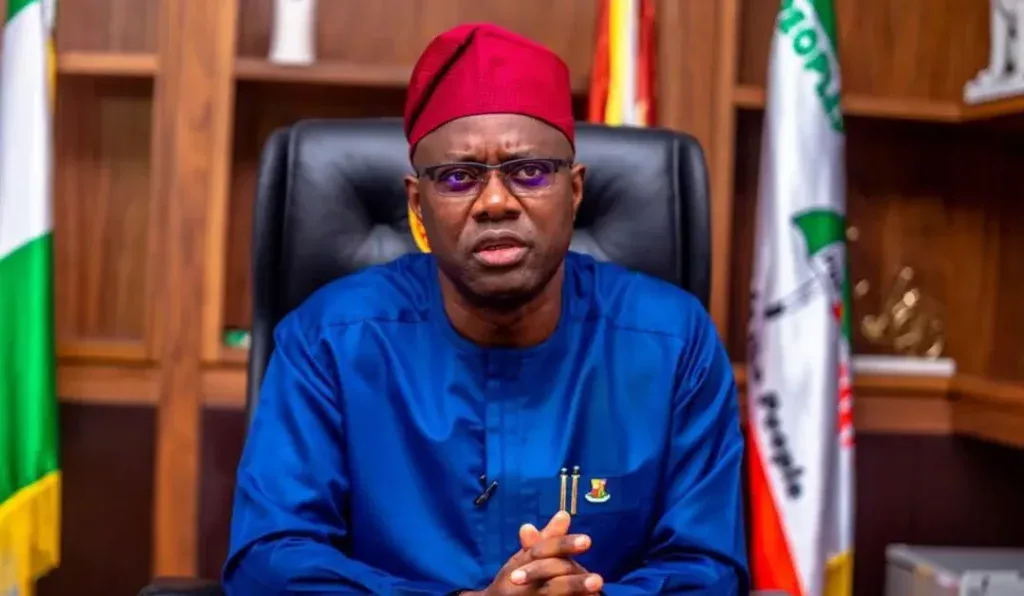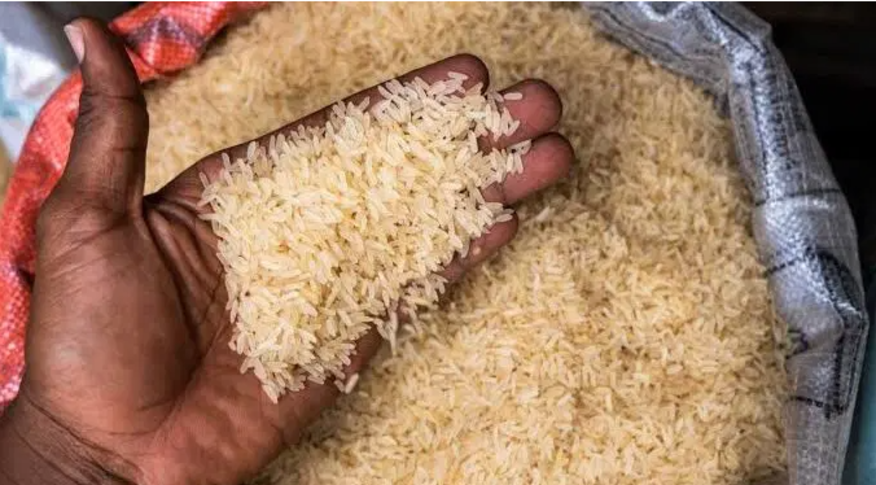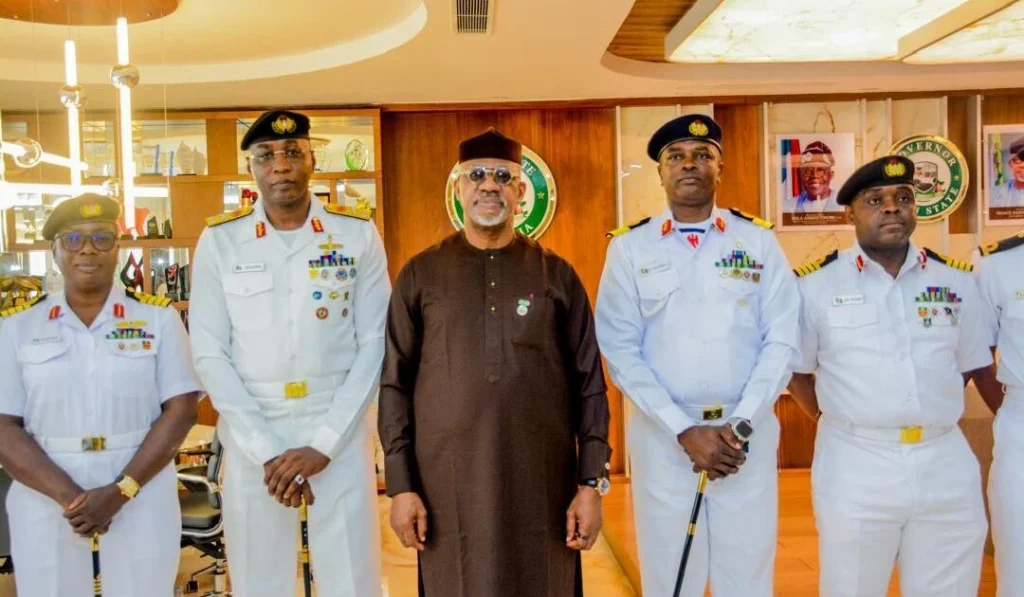British Prime Minister Keir Starmer has arrived in India for a two-day visit, aiming to strengthen economic ties between the two nations. The trip comes months after London and New Delhi signed a landmark free trade agreement, which concluded years of intense negotiations. Starmer is accompanied by a 125-member delegation, including top business leaders such as British Airways chief executive Sean Doyle.
The visit follows Starmer’s July meeting with Indian Prime Minister Narendra Modi in London, where the pair signed the trade accord. Starmer is due to meet Modi on Thursday and address a fintech conference in Mumbai alongside him. The British Prime Minister believes that with India set to become the third-largest economy in the world by 2028, the opportunities for trade and investment are unparalleled.
India and the UK are the world’s fifth- and sixth-largest economies, with bilateral trade worth around $54.8 billion and investments supporting over 600,000 jobs across both countries. The new trade deal will see India reduce tariffs on imports of British goods such as whisky, cosmetics, and medical devices, while the UK will reduce duties on clothing, footwear, and food products, including frozen prawns from India.
The visit is expected to provide a valuable opportunity for both countries to reaffirm their shared vision of building a forward-looking partnership. However, Starmer has ruled out expanding visa access for Indian professionals, despite pressure from industry. He stated that the focus is on implementing the free trade agreement that has already been struck.
Rights groups have urged Starmer to raise the case of Scottish Sikh blogger Jagtar Singh Johal, who has been detained in India since 2017 over an alleged plot to kill right-wing Hindu leaders. Johal has not been convicted, and one of the nine charges against him was dismissed in March.
The significance of Starmer’s visit lies in its potential to boost economic ties between the UK and India, creating new opportunities for trade and investment. As the two nations work to implement the free trade agreement, the visit is seen as a crucial step in strengthening their partnership and promoting mutual growth and development.



